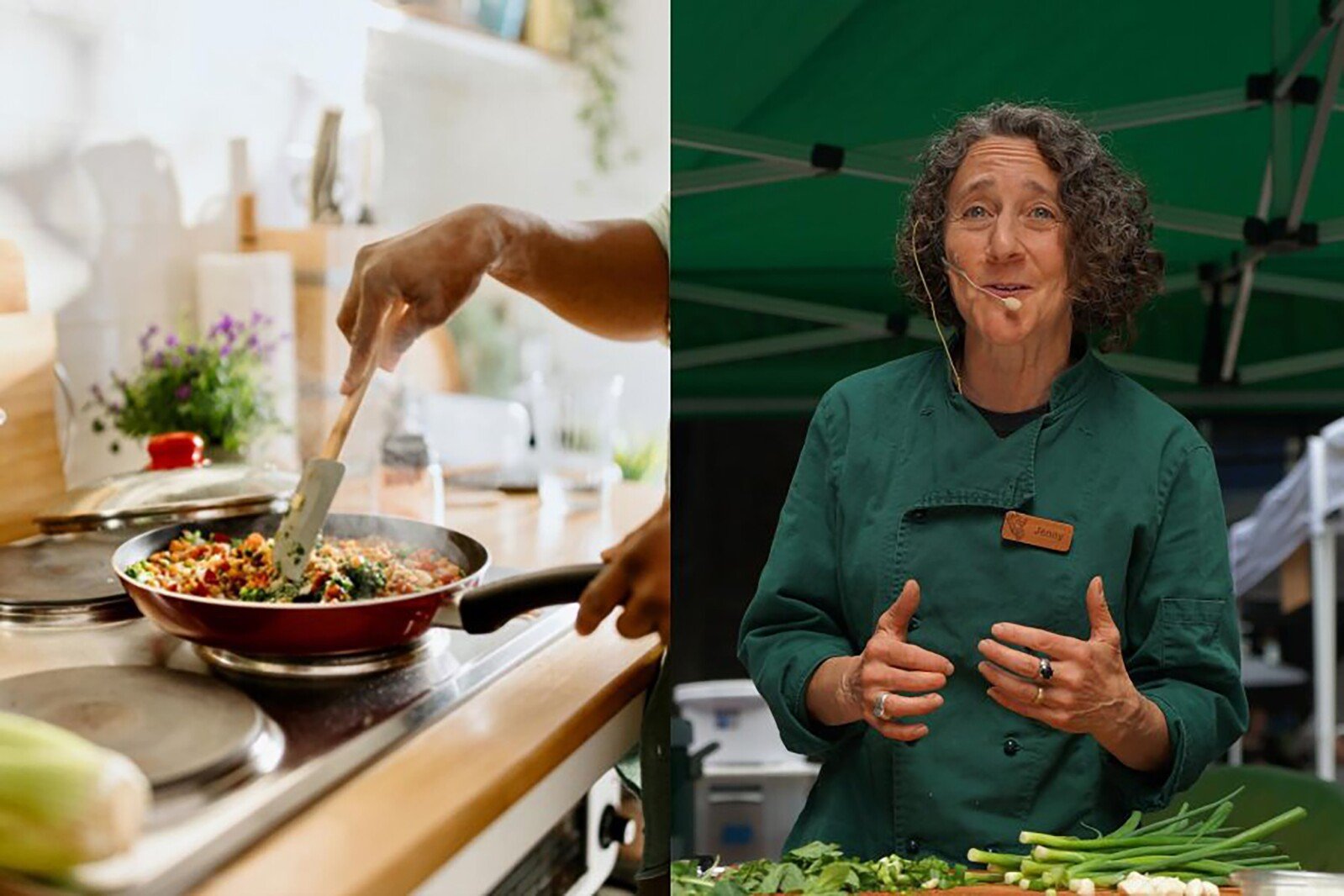MINNEAPOLIS — As we age, nutrition becomes an essential part of long-term health.
Jenny Breen, a faculty member at the Earl E. Bakken Center for Spirituality and Healing at the University of Minnesota, is a professional chef and advocate for sustainable food systems and food justice. She shares tips for prioritizing nutrition and making sustainable food choices.
Q: How do nutritional needs and access to food change as we age?
Breen: In general, what we need for health remains the same – whole foods with lots of fiber, high quality fats, protein, antioxidants, minerals, vitamins, etc. – but our metabolism and activity As it slows down, its amount and rate change. For most people, these changes are not dramatic as long as they remain physically and mentally active. We need to continue to enjoy and nourish our diets to maintain optimal health, adjusting as needed to our specific conditions.
Q: How can I increase my food budget and minimize food waste?
Breen: People often consider healthy foods to be more expensive. If you shift your focus away from meat and focus on other proteins such as beans, legumes, eggs, soybeans, whole grains, fruits, and vegetables, you can often have a very satisfying meal on a reasonable budget. can. To reduce waste, focus on cooking your own meals and buying seasonal produce in bulk from local farmers markets and grocery stores. Using frozen and canned ingredients is also a great option when available and appropriate.
Q: How do I change recipes and grocery plans when cooking for one person?
Breen: Many of the same principles apply. Buying and cooking in bulk means you can cook once and eat several times. Use a basic formula. I might add a big pot of beans to a salad at first, then make tacos or soup later in the week. You can also freeze most things if you get tired of them. I like buying in bulk because I can buy as much as I want. I also like to store things in bulk so I can combine them however I like. Also, invite friends and family to cook and eat together.
Q: What are the essential ingredients for healthy aging?
Breen: Nutrient diversity is key. Try to include a mix of as many whole foods, fiber, and high-quality fats and proteins as possible. Some of my favorite ingredients include leafy greens, orange and red vegetables, olive oil, avocados, nuts, seeds (fat, protein, and fiber all in one!), and beans and legumes.
Q: How is your work supporting Minnesota communities?
Breen: I spend most of my time educating future and current medical professionals, and their patients, about the role of food in preventing disease and promoting health. It is important to recognize the inequalities in our food system that make it difficult for many people, especially those from marginalized communities, to produce and access healthy food. We all deserve healthy, natural, sustainable food and the skills to source and prepare it. It is what makes us healthier as individuals, as communities and as a planet as a whole.
jenny breen He is a chef and lecturer at the Earl E. Bakken Center for Spirituality and Healing and the Department of Food Science and Nutrition at the University of Minnesota. She is the teaching kitchen coordinator at Hennepin Healthcare’s Red Leaf Center for Family Healing, and she is also a systems and culinary nutrition consultant. She is an advocate for sustainable food systems and food justice, working directly with farmers and producers in the Twin Cities region. From 1996 until 2013, she was co-owner of Good Life Cafe and Catering, a sustainable food business.

